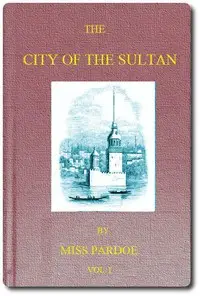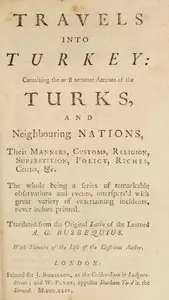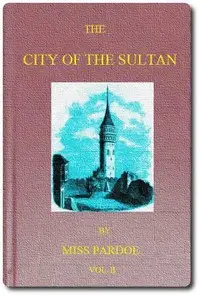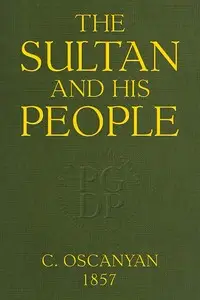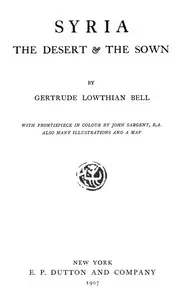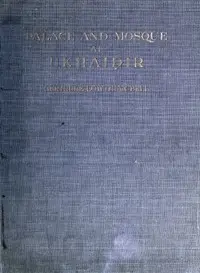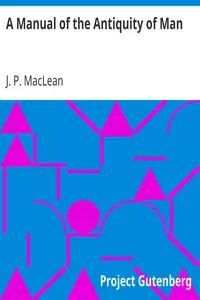"Amurath to Amurath" by Gertrude Lowthian Bell is a historical travelogue that captures the essence of the early 20th century Ottoman Empire amidst political upheaval. The book chronicles Bell's journey through the Near East, detailing her interactions with local populations and observations of historically rich locations like Aleppo and the Euphrates River. Through vivid descriptions of bustling bazaars and encounters with local figures, she reveals the sentiments of a people transitioning from an oppressive regime to a more liberated atmosphere following the Young Turkish Revolution, highlighting the frustrations and aspirations of the local populace. Bell seamlessly blends the historical weight of the land with the tangible realities of daily life, capturing a transformative period marked by the intersection of governance, identity, and cultural evolution.

Amurath to Amurath
By Gertrude Lowthian Bell
Witness a traveler's immersive journey through a changing Ottoman Empire, unveiling the vibrant lives and shifting perspectives of its people as they navigate revolution and cultural transformation.
Summary
About the AuthorGertrude Margaret Lowthian Bell was an English writer, traveller, political officer, administrator, and archaeologist. She spent much of her life exploring and mapping the Middle East, and became highly influential to British imperial policy-making as an Arabist due to her knowledge and contacts built up through extensive travels. During her lifetime, she was highly esteemed and trusted by British officials such as High Commissioner for Mesopotamia Percy Cox, giving her great influence. She participated in both the 1919 Paris Peace Conference (briefly) and the 1921 Cairo Conference, which helped decide the territorial boundaries and governments of the post-War Middle East as part of the partition of the Ottoman Empire. Bell believed that the momentum of Arab nationalism was unstoppable, and that the British government should ally with nationalists rather than stand against them. Along with T. E. Lawrence, she advocated for independent Arab states in the Middle East following the collapse of the Ottoman Empire, and supported the installation of Hashemite monarchies in what is today Jordan and Iraq.
Gertrude Margaret Lowthian Bell was an English writer, traveller, political officer, administrator, and archaeologist. She spent much of her life exploring and mapping the Middle East, and became highly influential to British imperial policy-making as an Arabist due to her knowledge and contacts built up through extensive travels. During her lifetime, she was highly esteemed and trusted by British officials such as High Commissioner for Mesopotamia Percy Cox, giving her great influence. She participated in both the 1919 Paris Peace Conference (briefly) and the 1921 Cairo Conference, which helped decide the territorial boundaries and governments of the post-War Middle East as part of the partition of the Ottoman Empire. Bell believed that the momentum of Arab nationalism was unstoppable, and that the British government should ally with nationalists rather than stand against them. Along with T. E. Lawrence, she advocated for independent Arab states in the Middle East following the collapse of the Ottoman Empire, and supported the installation of Hashemite monarchies in what is today Jordan and Iraq.


